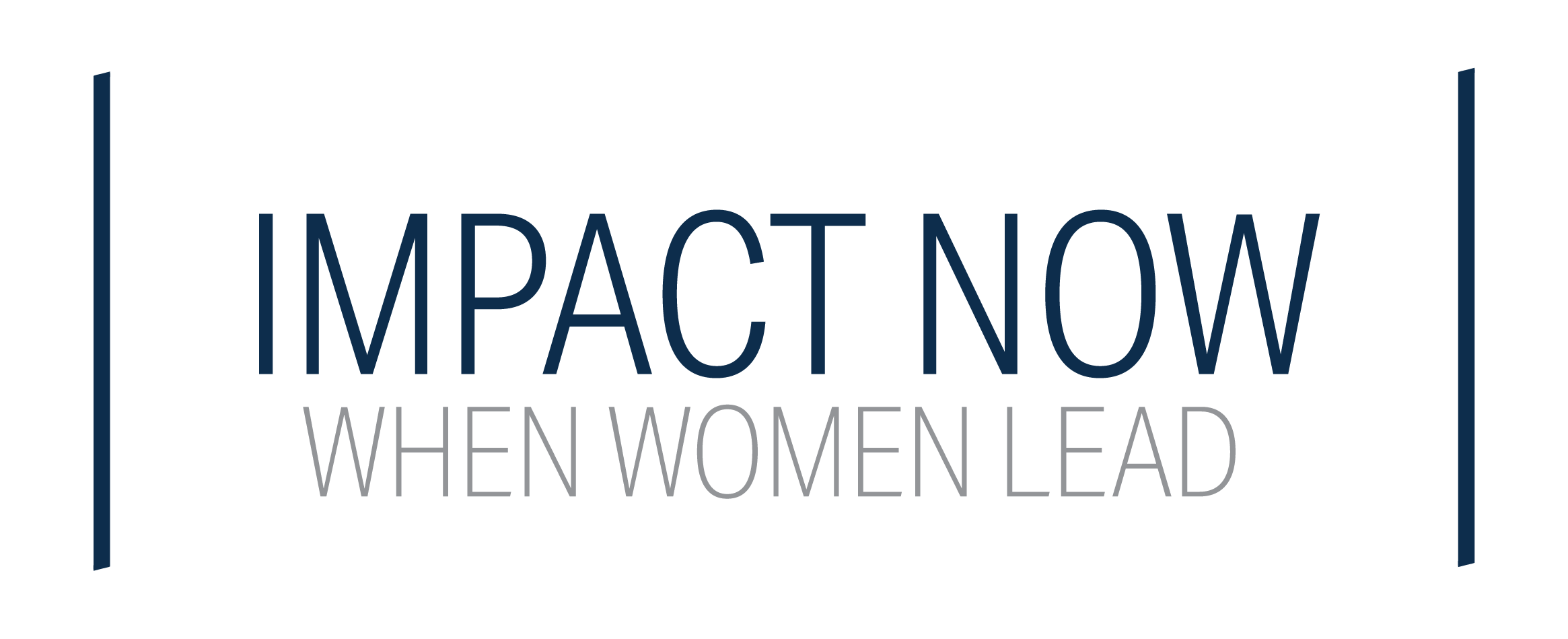During our conversation the other day, my friend Teresa used the disquieting phrase, imposter syndrome—the internal struggle where people doubt their abilities, believe they’ve achieved by luck, and fear that they’ll be exposed as frauds.
That pesky imposter syndrome is a phenomenon many of us experience and hesitate to admit. It’s also something we can banish.
I’ve begun to imagine the imposter voice that pesters me a vulture that I can chase away.
Vultures sometimes circle above the fields on the farm where I live. They feast on carrion, and where there’s one vulture, there will usually be more. They use their highly developed olfactory system to detect dying or newly dead animals. It’s reported that vultures can smell decaying meat a mile away.
When vultures begin circling the fields, Jack, an English shepherd, goes into action. He rouses, even from the deepest sleep in the sun, to antagonize the birds. He scares off these scavengers with impressive and insistent barking.
Imposter syndrome is like the vulture that picks up a faint scent of self-doubt. “I’m not that good at…” Then it circles, ready to swoop down and chew away at self-confidence.
Soon other thoughts, other voices, other vultures, join in with, “I’m really not that good at…,” “I can’t do…,” “My work doesn’t measure up.” “What if…?”
When that happens, it’s possible to call up another voice, one that speaks the truth.
That other voice recites strengths, skills, and talents. It reviews accomplishments and successes. It reiterates positive words and encouragements others have said. It’s like calling Jack into action.
When vultures start to swirl in my head, I’m learning to rouse my inner Jack.
Grace and peace,
Mary Henton
Executive Director

